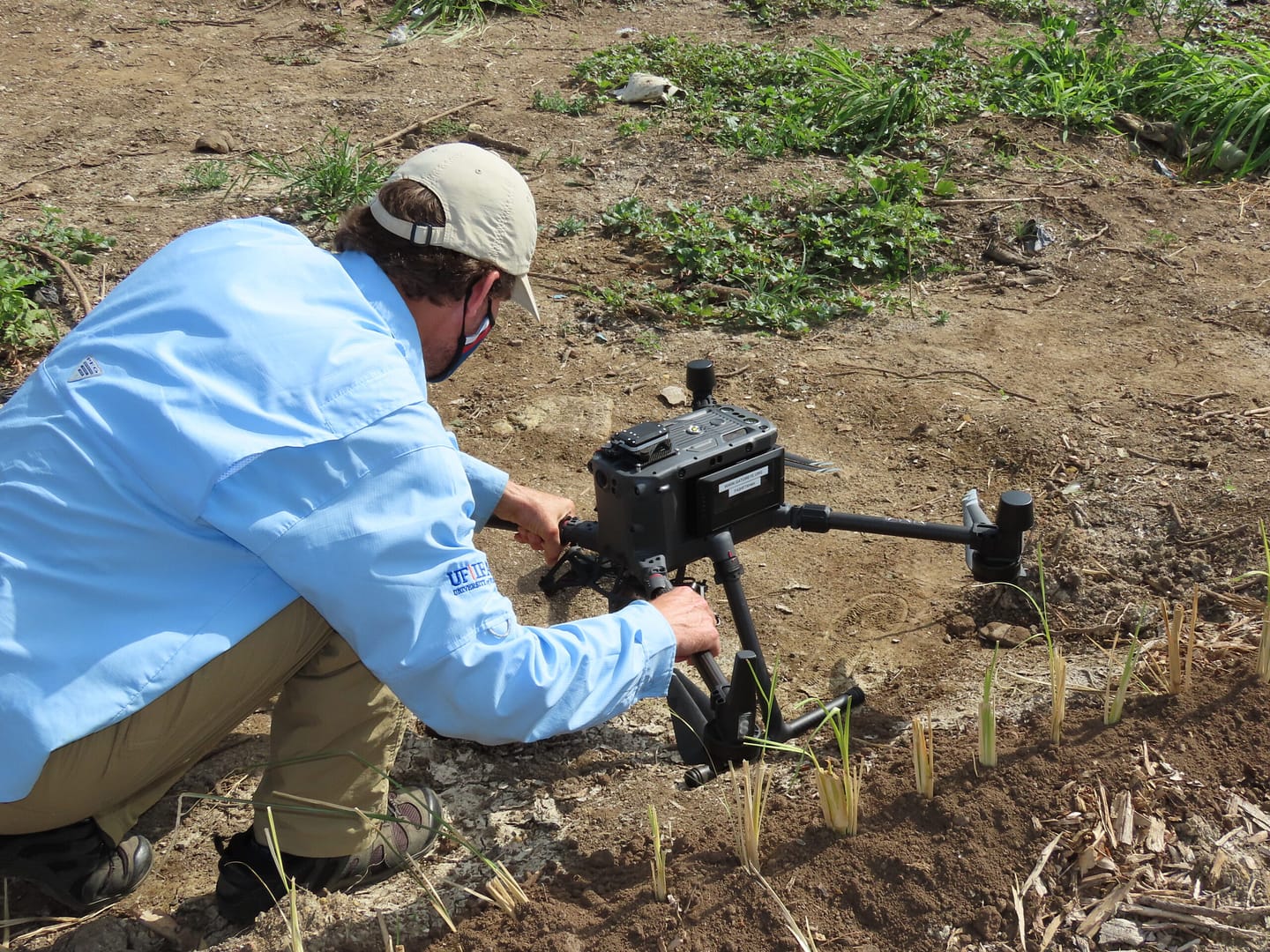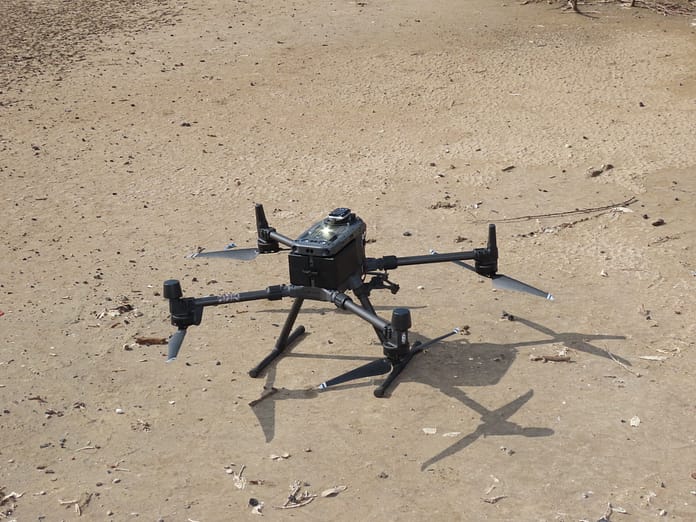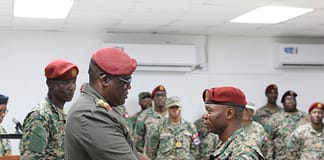
Ecosystem-based adaptation (EbA) is a strategy for adapting to climate change that harness nature-based solutions and ecosystem services. Vetiver grass and the Vetiver System (VS) is a nature-based solution. This serves as a tool to stabilize land, reduce erosion, slow down run-off and recharge groundwater- thus working with both people and environment, as it helps to protect infrastructure and property, regenerate top soil and reduce sedimentation affecting downstream river and marine environments in coastal areas.
The Vetiver Education and Empowerment Project (VEEP) models as an Ecosystem-based Adaptation (EbA) approach to take knowledge, education and training to communities about Vetiver grass and the Vetiver System (VS), as a low-cost green infrastructure tool to solve a wide range of soil and water related challenges across Antigua & Barbuda, Dominica, Saint Lucia and Trinidad & Tobago.
In Antigua, the Vetiver grass has been planted at two (2) locations, the Cooks Land Fill and Gilbert Agricultural and Rural Development Center (GARDC).
A component of the project at the Cooks Landfill included geomapping of the area through the use of Drone Technology which was done by Eben Broadbent, a professor at the University of Florida who co-directs the special ecology and conversation lab at the university.
Mr. Broadbent has been involved in the project from the beginning as it pertains to environmental monitoring and the socio-economic component with focus on biology, ecology and remote sensing.
A key component of the remote sensing is the use of drone technology where it uses high-resolution cameras similar to other cameras and uses a Light Sensor camera that shoots hundreds of thousands of lasers per second. This feature on the drone allows for development of a very detailed topographic map of the area.
Mr. Broadbent explained that in a year he would return using the same system to collect additional data, which will enable them to get an understanding of erosion rates, changes, growth of the landfill and how things might be changing in the natural environment.
Different countries have different case studies depending on the natural topography and land cover of the region, whereas in Dominica, they are focused on communities and the very steep topography and in Antigua, it is focused on a landfill.

Mr. Broadbent pointed out, “unique issues with this landfill are; though not naturally created it does have problems with erosion and runoff which can have very high quantities of contaminated material obviously because it is a giant human made mountain of trash.”
“To limit contamination of the landfill through surface water flow and groundwater flow to the surrounding bays and natural ecosystems, the concept here is to have multiple rows of vetiver which will allow for noticeable positive reduction in surface groundwater flow and also reducing erosion rates,” explained Mr. Broadbent.
Through the initial scouting with drone photography, it was revealed that there were very fast rates of erosion in the surrounding landfill. This is expected because it is a newly created surface with a mixture of dirt and trash so any amount of rainfall particularly in areas that are subject to climate change and fast high volumes precipitation will result in erosion.

Advertise with the mоѕt vіѕіtеd nеwѕ ѕіtе іn Antigua!
We offer fully customizable and flexible digital marketing packages.
Contact us at [email protected]
















What are the connections :Dr. Eben Broadbent, professor University of Florida, School of Forest, Fisheries and Geomatics Sciences, Dr. Linroy Christian, Director of Analytical Sciences, A&B, Dr.Hensworth Jonas, principal of Baptist Academy, A&B and Mr. FitzMorgan Greenaway, farmer, The Paula Show? Sciences, STEM studies (subjects), the tropics-Caribbean region. The essential focus is both academic and practical. The academic studies are applied to real life problems to find solutions for our economic and social development in A&B, OECS and the world. Funding is available through grants.
Is there an opportunity, or will we create the opportunity to deepen our connection with the University of Florida, School of Forest, Fisheries and Geomatics Sciences and the UWI Five Islands Campus to establish some form of affiliation?
Dr. Linroy Christian in his recent interview, Youtube A&BTV Antigua, 11/8/21, talked about one of many projects, soil fertility and mapping; the imperative of closing the gap between the teaching of sciences (STEM subjects) in the public schools and the private schools so as to have a ‘wider level playing field’, also the need for a Science department at the UWI Five Islands Campus
Comments are closed.